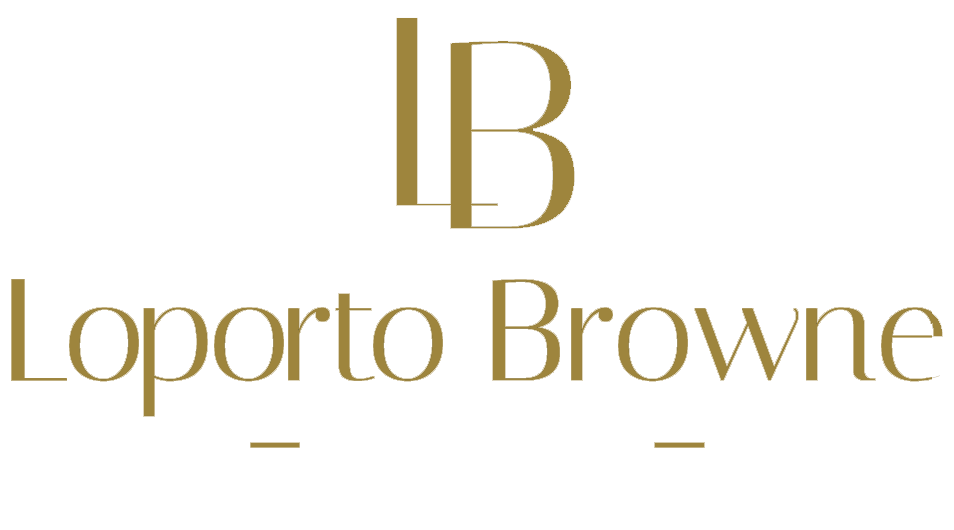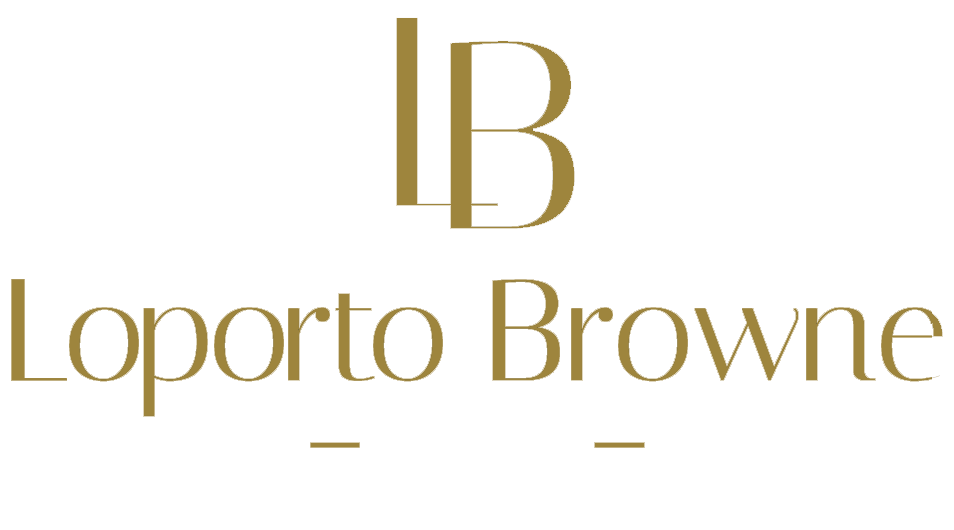When buying or selling a home, there are many different things to consider. In addition to researching the actual home itself and the neighbourhood it’s in, you’ll also want to find out about any outstanding debts on the property, like homeowner association dues or past-due mortgage payments. This process of researching financial records and determining if there are any liens or other claims against the home before closing on it is called conveyancing, and it’s an important part of real estate transactions in most countries that have laws governing home sales. If you’re wondering what does a conveyancer do?
How to find the best conveyancers
There are many things to think about when choosing a conveyancer and it is not always easy to know what you should ask, or which features are important. To help make your decision easier, we have provided a guide to finding the best conveyancer for you.
How to choose a conveyancer
To ensure that your conveyancer is the best for you, ask them what qualifications they have. If they don’t answer this question or don’t have any qualifications on their website, it may be best to find someone else. Check to see if they are a member of the National Association of Estate Agents (NAEA), which will give you more peace of mind as they are bound by a strict code of conduct.
How much does it cost?
You should expect to pay between £300 to £1500 for conveyancing if you’re buying, plus the cost of disbursements. These disbursements could add up to £700 or even more. However, if the property is leasehold you’ll usually need to pay around £300 more.
How long does it take?
A conveyancer can take between two and four weeks to complete a conveyance. The time needed for completion of the task will vary depending on the complexity of the case, whether it’s being done in-house or by a third party company, and other factors.
Do I have to hire a conveyancer?
While it’s not a legal requirement that you hire a conveyancing solicitor, it’s a very specialised skill and your mortgage lender may insist that you use a professional. However, it is possible to do the conveyancing yourself if you don’t have a mortgage.
When do I have to pay conveyancing fees?
You may be asked to pay a deposit when you hire a conveyancing solicitor, and they could ask for up to 10% of the conveyancing fees to be paid. You’ll usually settle the rest of the conveyancing fees once the sale of the house is completed, although you could be asked to pay for things like local searches before then.





